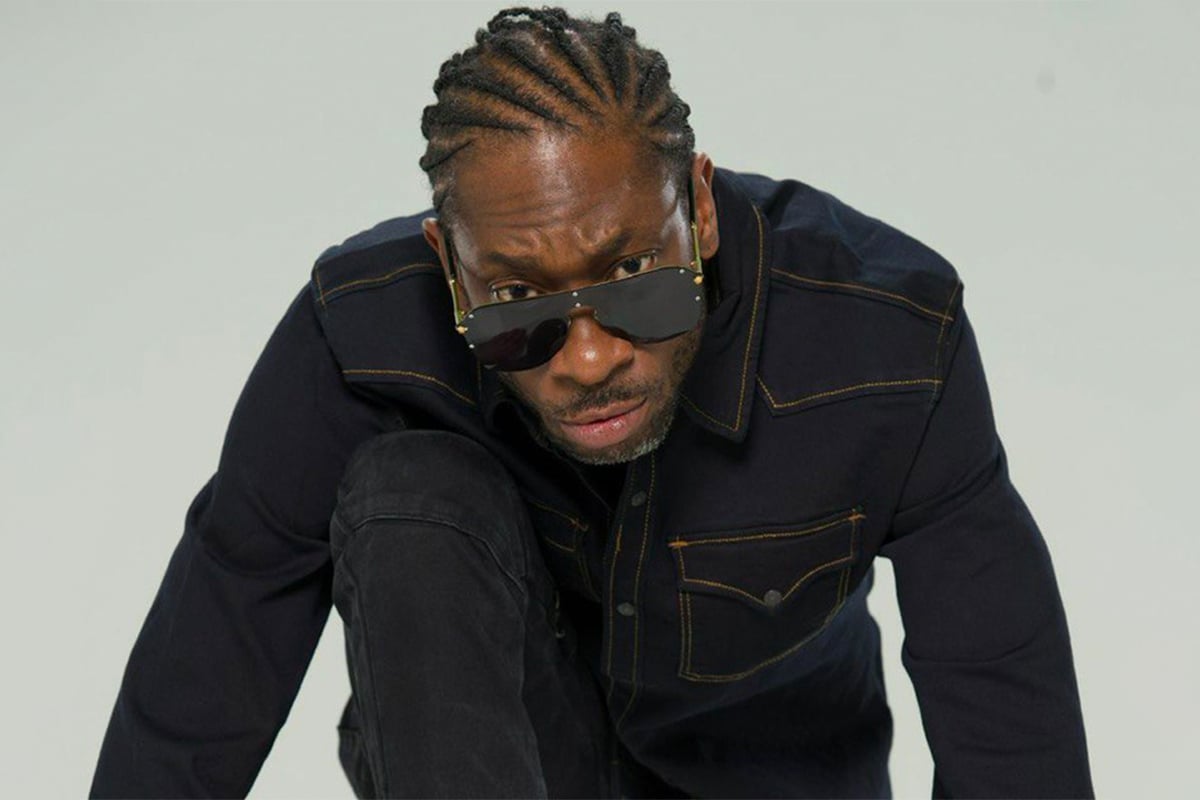Bounty Killer Denounces Jamaican Artists Who Elevate Other Genres Over Dancehall, Reggae

Bounty Killer has denounced those Jamaicans he describes as “wannabees and “sellouts” in the music industry, who are constantly elevating other genres above Reggae and Dancehall.
According to the Warlord, while foreigners embrace the country’s genres, these musical traitors continue their acts of treachery, depriving children of the music of their forefathers.
“One of the main reasons why non Jamaican can be winning Grammy for reggae over Jamaicans is bcuz the our younger generations is not embracing it as they should be doing. u heard more Rap, Trap, Afrobeat and Drill than reggae in our parties today,” Bounty noted on his Instagram page a few days ago, where he shared a clip of Booba Starr’s new song Break My Heart.
“Wannabes, sell out Jamaicans helping extinct dancehall directly and indirectly no root without the roots. Learn that lunatics. Our kids aren’t into reggae but kids and younger over the world is studying and practicing our music and culture while we here forming fools. Still Soja album didn’t better than Gramps/Etana/Jessy since it was a reggae battle but it tells the plot; wise up Jamaicans🇯🇲💫🥳,” he added.
https://www.instagram.com/p/CcQ8T2XpoZZ/
In another post, the Warlord reiterated his stance that he was not in support of the dilution of, or any attempts to replace authentic Dancehall music with Trap sounds.
“Unuh overlooked good music that is to inspire and encourages the younger ones to stay posted then unuh turned around complaining about the state of the music that’s why the youths them just a gwaan Chop It and Trap It👈🏿,” he stated.
https://www.instagram.com/p/CcQ3vAIpSND/
The Coppershot artist’s post echoes the sentiments of fellow Reggae/Dancehall superstar, Khago.
Following the copping of the Best Reggae Grammy Award, by American band SOJA, Khago had said that Jamaican artists have circumvented Reggae, ditching the genre for “chap” music, and that whatever is being passed off as Reggae has been watered down.
The Nah Sell Out artist also said that while SOJA’s singers were weak vocally, it should be no surprise that they won, as their songs were laid strictly on Reggae beats.
As far back as 2011, the issue of non-Jamaicans doing Reggae has been discussed.
In November that year, NPR published an article titled Non-Jamaican Reggae: Who’s Making It And Who’s Buying It which noted that “lately, a crop of artists from places like Hawaii, California and Italy are proving that hit reggae can come from anywhere” but in the process, are “raising some complex questions about culture and ownership”.
NPR noted that there is a new generation of reggae artists, who are not from the birthplace of reggae music, and “are enormously successful”, often playing to up to 40,000 people at European festivals, and up to 4,000 people per night in clubs.
It cited Italian Reggae singer Alborosie, who learned Patois and became a Jamaican citizen and the first white artist to be distributed by Bob Marley’s label, Tuff Gong, as a prime example.
“The globalization of reggae stirs up a familiar debate around cultural politics. From jazz to rock to hip-hop, white artists have negotiated the thorny boundaries of performing in a genre they didn’t invent. Sicily-born Alborosie says he needed to go to Jamaica and talk the talk (learn Patois),” the article noted.
It also gave German artist Gentleman, as an example, adding that Hawaii and California are the biggest breeding grounds for reggae bands, with “iTunes even bestowed its 2010 Best Reggae Album title not on a Jamaican, but on the debut from Hawaiian band The Green”.
It also quoted the lead singer of The Green, J.P. Kennedy, who said then that he had never been to Jamaica, as saying that he did not speak Patois and would probably find it offensive if he were a Jamaican, seeing foreign artists using a phony Jamaican accent.
“Non-Jamaicans doing it? I don’t know… I guess if they can pull it off it’s cool. But if I was a Jamaican I’d probably be against hearing fake stuff like that. Because if I hear people speaking fake Hawaiian Pidgin — it’s a turnoff to hear people who don’t naturally speak it, speak it,” Kennedy had said.
The article also quoted singer Freddie McGregor, as describing it as a blessing to have foreigners doing Reggae.
“They are not stealing. Reggae can’t be stolen, reggae is ours! They are not denying that they are in love with what we do and want to do it too. There are lots of bands that I work with outside Jamaica who are great musicians — Japan in particular. It’s just music, and the love of it. So whoever plays it and sings it, it’s a blessing,” McGregor had said.
